Traditional Knowledge and Ocean Governance
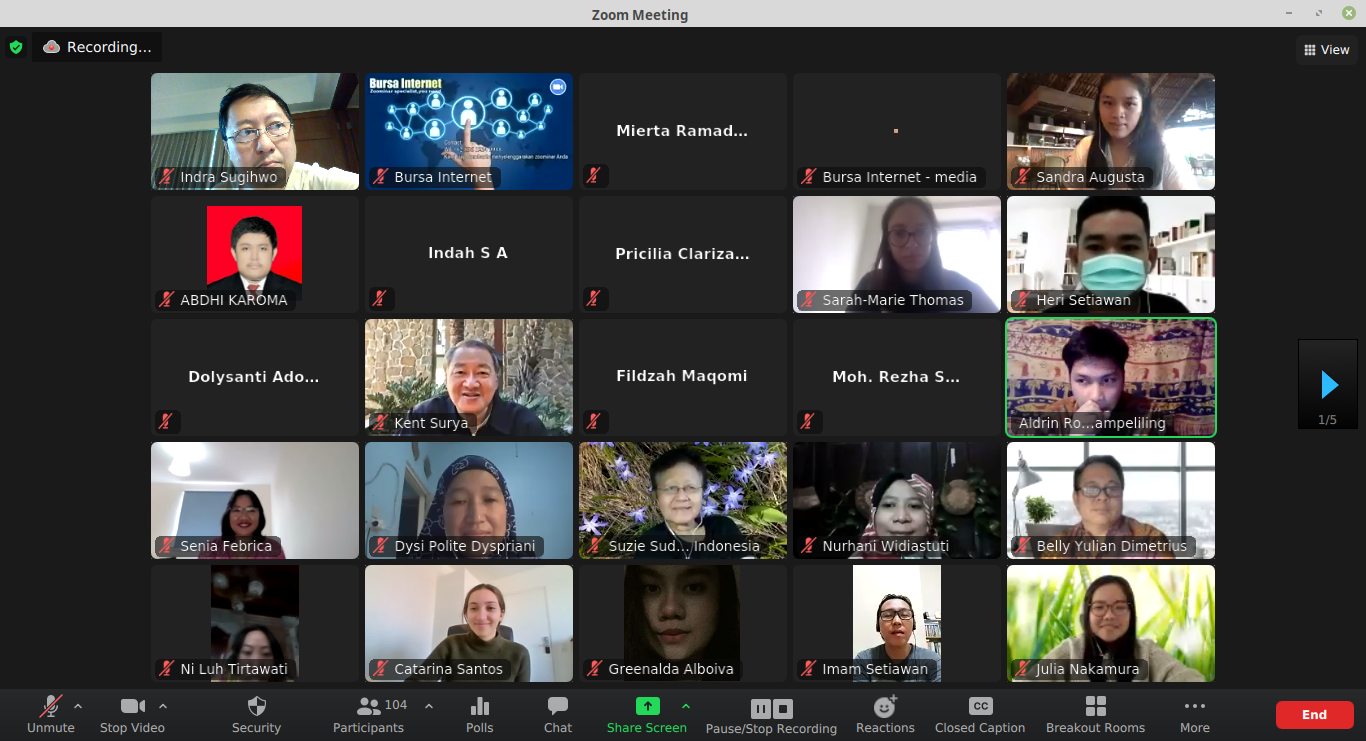
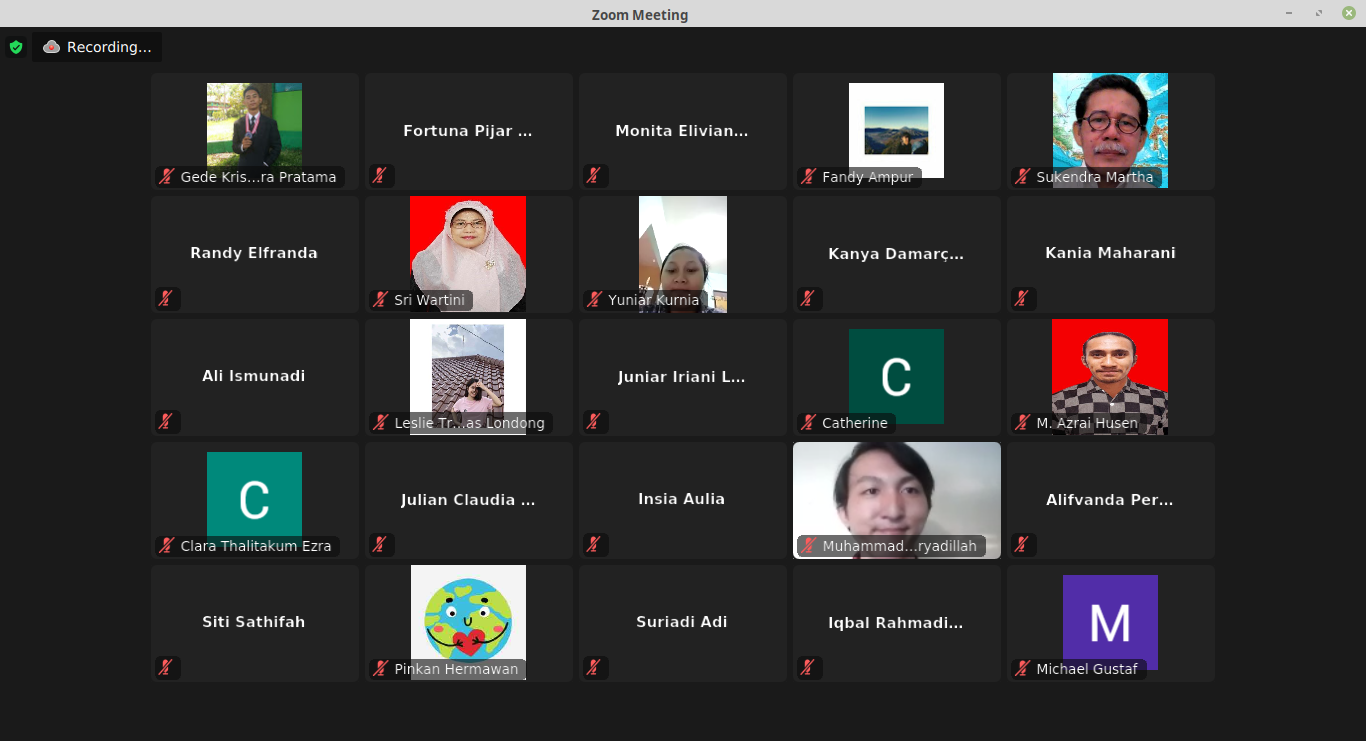
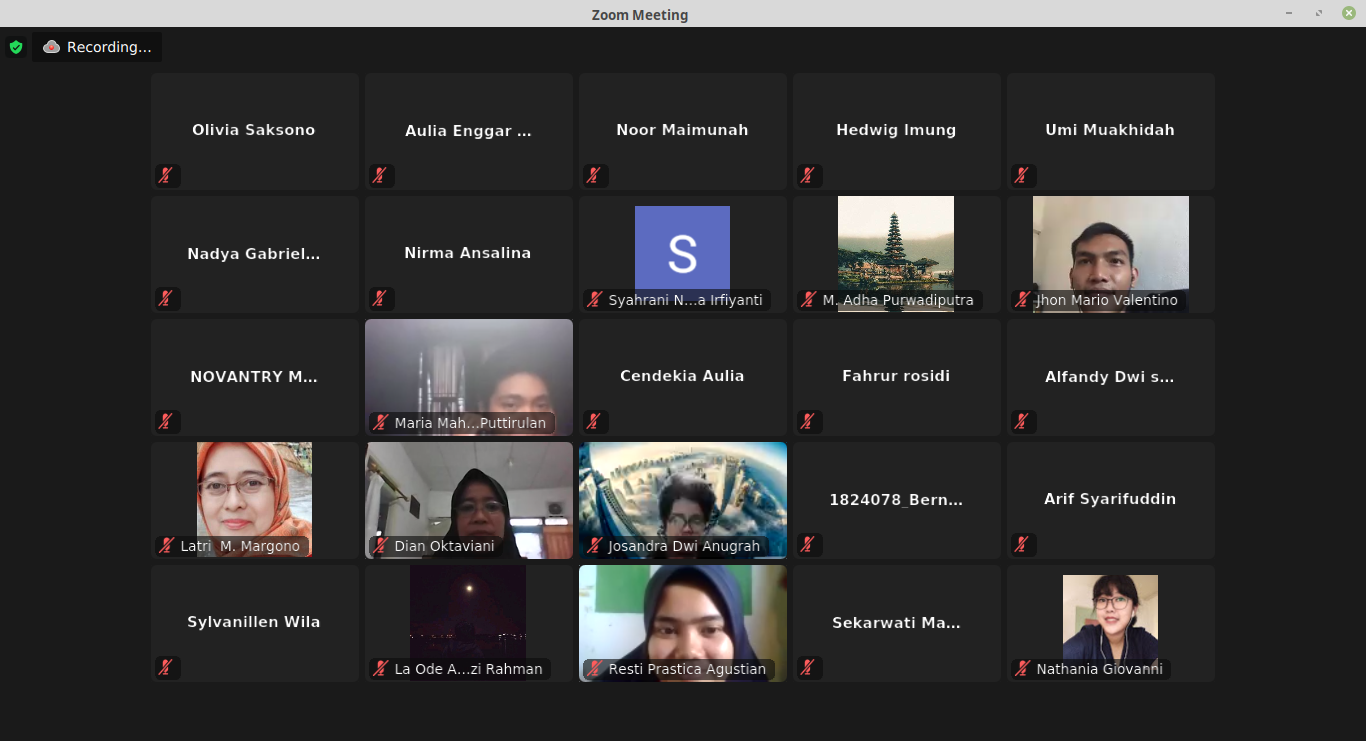
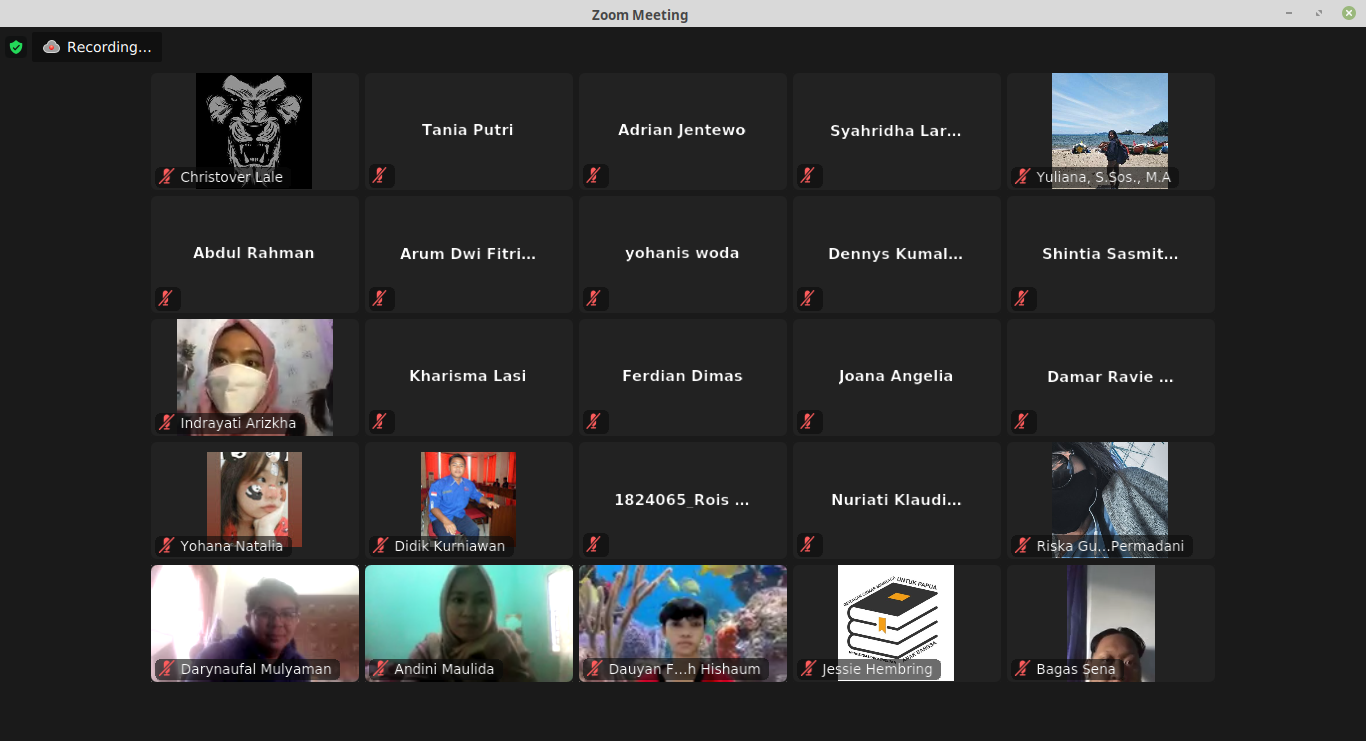
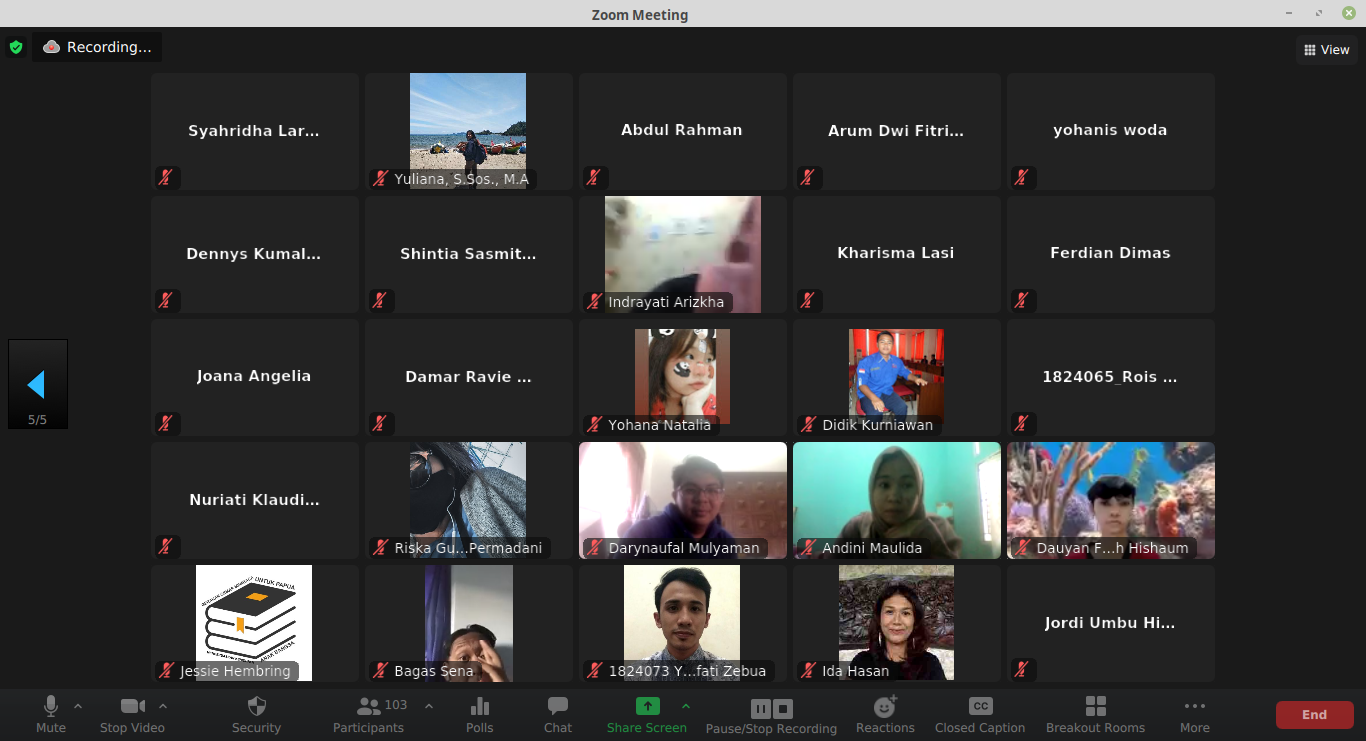
The Indonesian Institute of Advanced International Studies (INADIS) has launched a webinar series on ocean governance to welcome the beginning of the Ocean Decade of Science (2021-2030) and to create a momentum for the 4th Intergovernmental Conference on Marine Biodiversity of Areas Beyond National Jurisdiction (BBNJ). The webinar series aims to improve the connectivity between the local, national, regional, and global level in terms of Indonesia’s approach to ocean governance. The first webinar, titled ‘Traditional Knowledge and Ocean Governance’ had been held on April 24, 2021, inviting panelists to discuss how traditional knowledge was negotiated and implemented at various levels of governance.
Opening the discussion, Senia Febrica from the One Ocean Hub, University of Strathclyde elaborated the development of BBNJ negotiations whilst highlighting how traditional knowledge—the knowledge held by traditional peoples and communities—was addressed in all parts of the negotiations. The negotiations were deemed important to advance understanding of the ocean, such as the understanding of equity and knowledge production between the Global North and the Global South; to contribute to environmental protection especially in areas beyond national jurisdiction; as well as to advance the achievement of related sustainable development goals.
The negotiations have commenced since September 2018, and will enter its final phase in August this year. Four subjects covered are marine genetic resources, including the questions of sharing of benefits; measures such as area-based management tools, including marine protected areas; environmental impact assessments; and capacity building and the transfer of marine technology. The roles of traditional knowledge in ocean governance have also been discussed in every part of the negotiations, with some points received general convergence, while some others were responded with diverging views.
First of all, countries have agreed that the agreement shall be construed as extinguishing rights of indigenous peoples and local communities. They were also in agreement that traditional knowledge serves as a basis for identification of area and formulation of proposal as well as to prepare the content of Environmental Investigation Agency (EIA) reports. Incorporating traditional knowledge as part of the types of capacity building and transfer of marine technology has also been agreed upon. Meanwhile, diverging views were present in the questions of benefit sharing, that is whether to acquire prior and informed consent and involvement of indigenous peoples and local communities. In the conference of review and monitoring, Israel and the Republic of Korea were also not in favor of the inclusion of relevant traditional knowledge in their decision of the amendment and revocation of marine protected areas (MPA). Moreover, there have been diverging views in whether to spell out various types of stakeholders—including traditional knowledge holders—in public consultation, as well as whether to involve various stakeholders in the partnership for capacity building.
In the next section, Dysi Polite Dyspriani from the Ministry of Marine Affairs and Fisheries of the Republic of Indonesia discussed the inclusion of traditional knowledge in formal policy and the legal system. Traditional knowledge in ocean governance is recognized in the Indonesian laws from central to local government through the recognition of customary rights. Indonesia has categorized three different types of coastal community, namely the customary law community, local community, and traditional community. To create prosperous, strong, and independent coastal and small islands customary communities, Indonesia has employed a strategy first through identification and mapping of customary law communities, and followed by community assistance, empowerment, and establishing institutional independence.
Between 2016 and 2020, Indonesia had managed to identify 29 customary law communities and 14 local communities. Of those, 20 customary law communities have been established. Sixteen regent/mayor regulations in five provinces have also incorporated customary rights, and one marine spatial utilization permit has been issued for Maratua Island in Berau, Kalimantan Timur. By 2024, the government envisions 30 communities to have been established and get facilitation to develop the economy, including community enterprises as well as the human resources capacity.
Lastly, Nurhani Widiastuti from the Faculty of Fisheries and Marine Science of Universitas Papua shared her research on ‘sasi’, a customary practice and law of coastal and small islands communities in West Papua, to highlight how knowledge and practices of indigenous people and local communities enhance both their quality of life and nature. Sasi comes with various names across West Papua and generally regulates restriction on particular fishing gears, access rights, protected species, and so on. The practice has been formally recognized through the Manokwari Declaration (2018) and the subsequent Special Regional Regulation (Peraturan Daerah Khusus/Perdasus) (2019).
Through employing the Ecosystem Approach to Fisheries Management (EAFM) in Teluk Wondama Regency, Widiastuti found that villages that practice sasi perform better socially, economically, and ecologically compared to others that do not. Indeed, sasi is a practice that has been developed through a long-time process of trials and errors. In fact, sasi in some areas was initially a land-based management system that was later revitalized to manage the ocean and coastal areas.
There are still challenges, however, in terms of developing the local economy. Although sasi provides better outcome economically, the outcome is still considered low in performance compared to other categories. Widiastuti therefore pushed forward a solution to combine spiritual and materialist approach to improve the economy. She concluded her presentation with the call to support traditional knowledge to save traditional communities and their ecosystems.
Closing the session, the moderator, Aldrin Rocky Sampeliling, who is the head of Area Studies Unit of INADIS, summarized that a holistic ocean governance must be connected across multiple scales, from global, national, and to local level.
